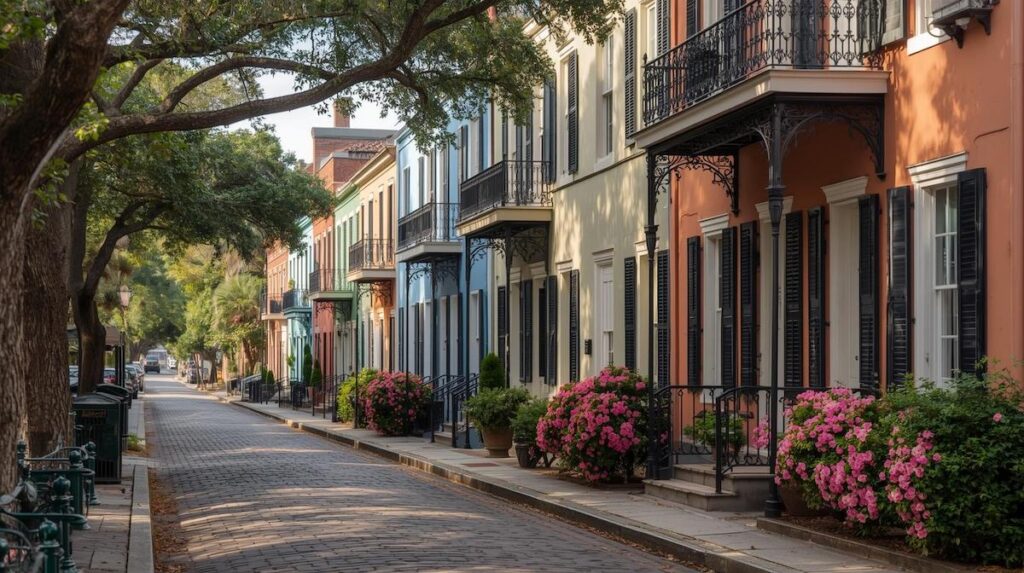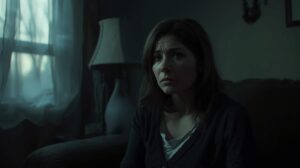Understanding the Need for Resources in Charleston
Charleston, South Carolina, is one of the most vibrant and historic cities in the Southeast, known for its beautiful architecture, coastal charm, and strong sense of community. Beneath the beauty, however, many families are quietly struggling with issues related to mental health and addiction. For some, anxiety and depression make daily life overwhelming. For others, substance use has grown from occasional misuse into a condition that feels impossible to control. These challenges affect more than just the person experiencing them. They also impact spouses, children, workplaces, and neighborhoods. Having accessible mental health and addiction resources in Charleston, SC, is essential for providing the tools people need to regain balance and begin healing.
The demand for resources continues to rise as more individuals realize that support is available. In the past, many people avoided seeking help due to fear of stigma, but today there is a stronger recognition that professional care can change lives. Families in Charleston have access to a wide range of treatment options, from counseling and therapy to inpatient rehab programs. By knowing what services are available, individuals can make informed decisions about their care and find the right path forward.
Types of Mental Health and Addiction Services
Outpatient Counseling and Therapy
One of the most accessible options for support in Charleston is outpatient counseling. This service is often the first step for individuals experiencing stress, anxiety, or mild substance use concerns. Outpatient therapy allows individuals to meet regularly with a professional while maintaining their daily routines. These sessions focus on building coping skills, addressing underlying emotions, and creating strategies to manage daily challenges.
Residential and Inpatient Treatment
For individuals facing more severe addiction or mental health challenges, residential or inpatient programs provide structured, around-the-clock care. These facilities give individuals a safe and supportive space away from triggers that may exist at home. Treatment often includes medical support, evidence-based therapies, group counseling, and life skills training. In Charleston and surrounding areas, residential programs are available to help individuals focus fully on their recovery.
Support Groups and Community Resources
Community-based support groups are another vital resource for individuals and families. Organizations that host peer-led meetings offer a safe environment where participants can share their experiences and learn from one another. These groups are often free or low-cost and complement professional treatment. For families in Charleston, participating in support groups can ease feelings of isolation and provide encouragement during difficult times.
Integrating Mental Health and Addiction Care
It is not uncommon for people to experience both a mental health condition and addiction at the same time. Known as a co-occurring disorder, this combination requires integrated treatment to be effective. Resources in Charleston that focus on dual diagnosis provide therapy, medical care, and support that addresses both issues together. Treating mental health and addiction as separate challenges often leaves one condition unaddressed, which can lead to setbacks. Integrated care offers a more complete path toward stability and wellness.
The Role of Family Support in Recovery
Families in Charleston play a critical role in supporting their loved ones through treatment and recovery. Many programs encourage family involvement, offering counseling sessions and education that strengthen communication and rebuild trust. When families are engaged in the recovery process, outcomes often improve because the individual feels supported both during and after treatment. Family resources, such as workshops and therapy sessions, are widely available in Charleston, ensuring that loved ones can play an active part in the healing process.
Holistic and Wellness-Focused Services
Alongside traditional therapies, many resources in Charleston include holistic care that focuses on the mind, body, and spirit. Wellness-based services may include mindfulness training, yoga, nutrition counseling, and art or music therapy. These approaches give individuals additional tools to manage stress, improve overall health, and build a stronger foundation for recovery. By combining evidence-based treatment with holistic care, mental health and addiction resources in Charleston provide more well-rounded support for those in need.
Accessing Aftercare and Continued Support
Recovery is not a single event but an ongoing journey. Aftercare resources in Charleston ensure that individuals continue to receive support after completing treatment. This may include regular check-ins with therapists, alumni programs, relapse prevention workshops, or continued participation in community groups. Aftercare helps people navigate challenges that can arise during early recovery, providing accountability and encouragement. Knowing that long-term support is available gives individuals greater confidence in maintaining their progress.
Finding Mental Health and Addiction Resources in Charleston
Choosing the right resource often depends on the individual’s specific needs, goals, and circumstances. Some may benefit from residential programs, while others thrive in outpatient therapy or support groups. Families can take comfort in knowing that Charleston offers a broad range of services designed to meet different levels of care. By reaching out to local providers, individuals can begin building a plan for recovery that reflects their unique situation.
The availability of mental health and addiction resources in Charleston, SC, demonstrates the city’s commitment to supporting its residents. For those who are struggling, the path forward may seem uncertain, but the right resources can make recovery possible. Whether through counseling, structured treatment, or community support, help is within reach. Taking the first step to connect with a resource in Charleston can set the foundation for a healthier, brighter future.



